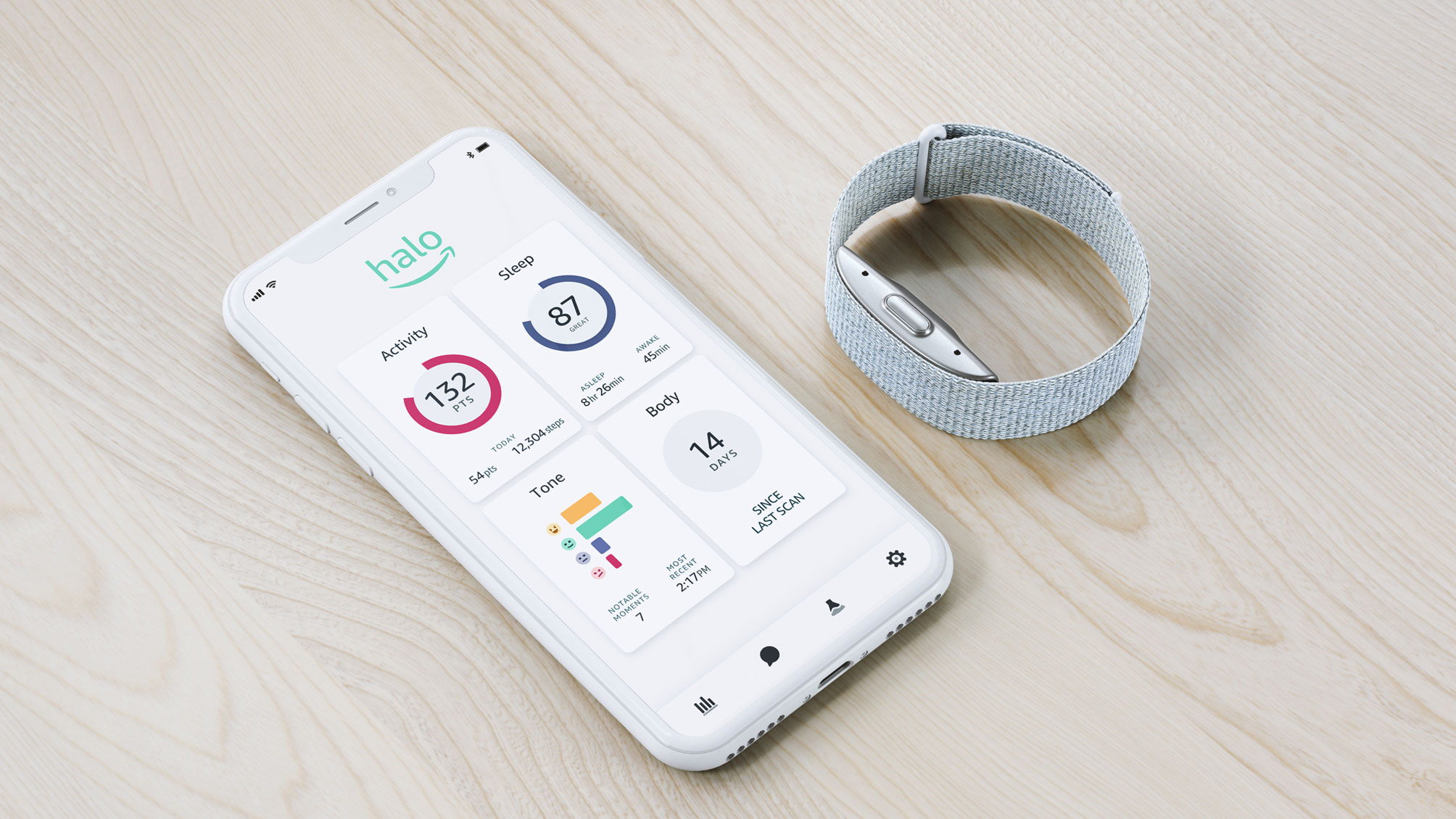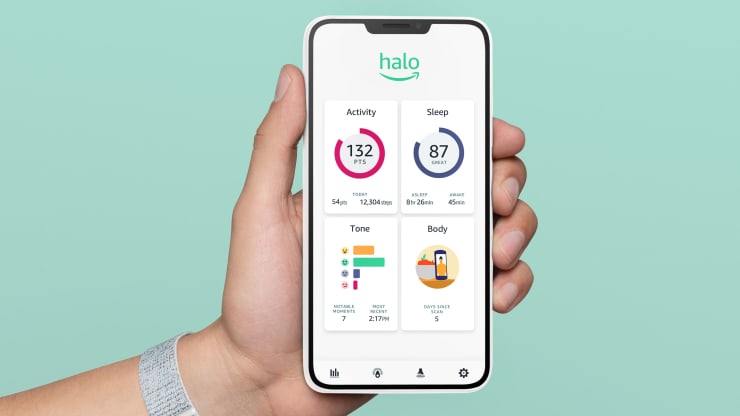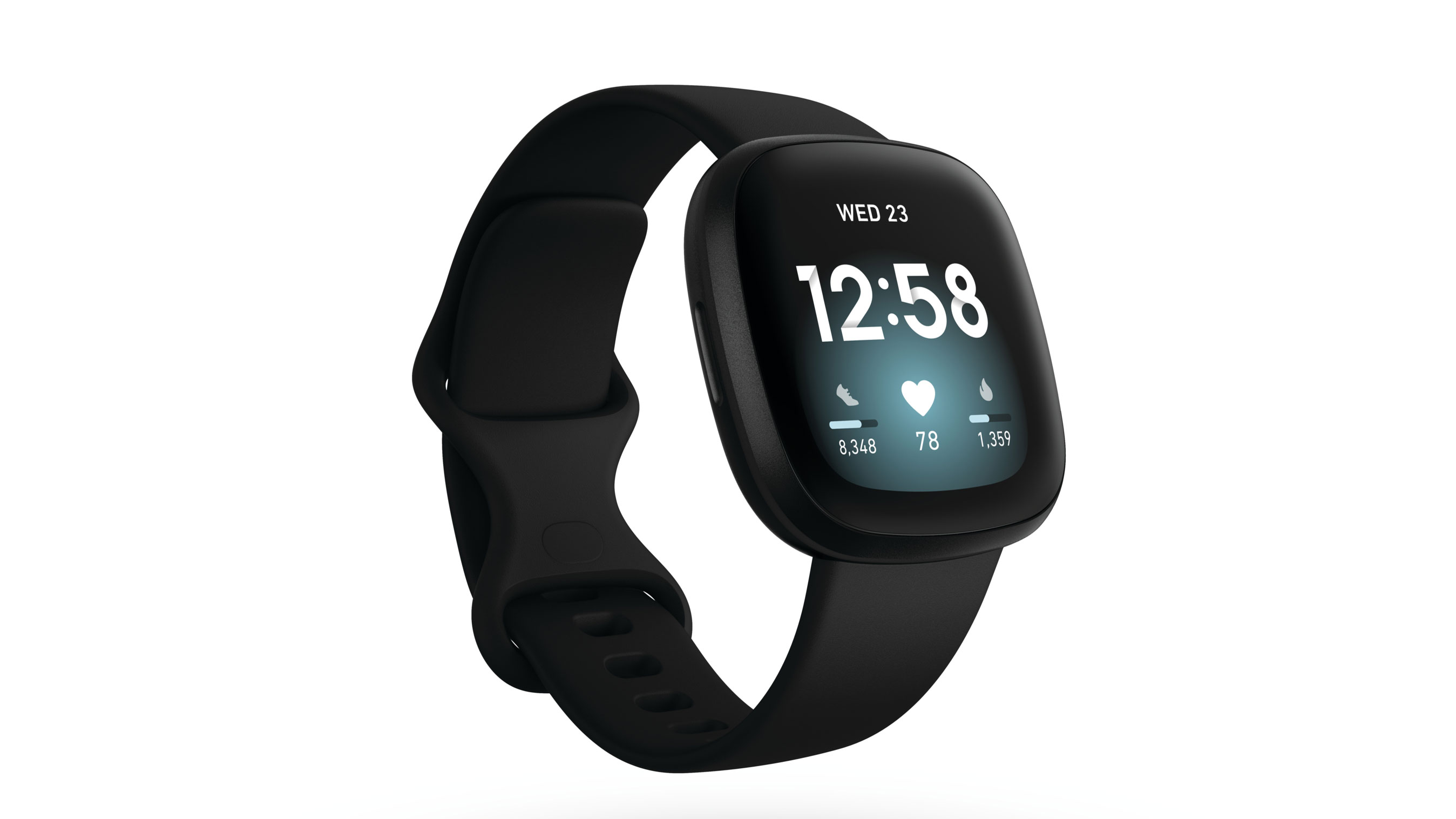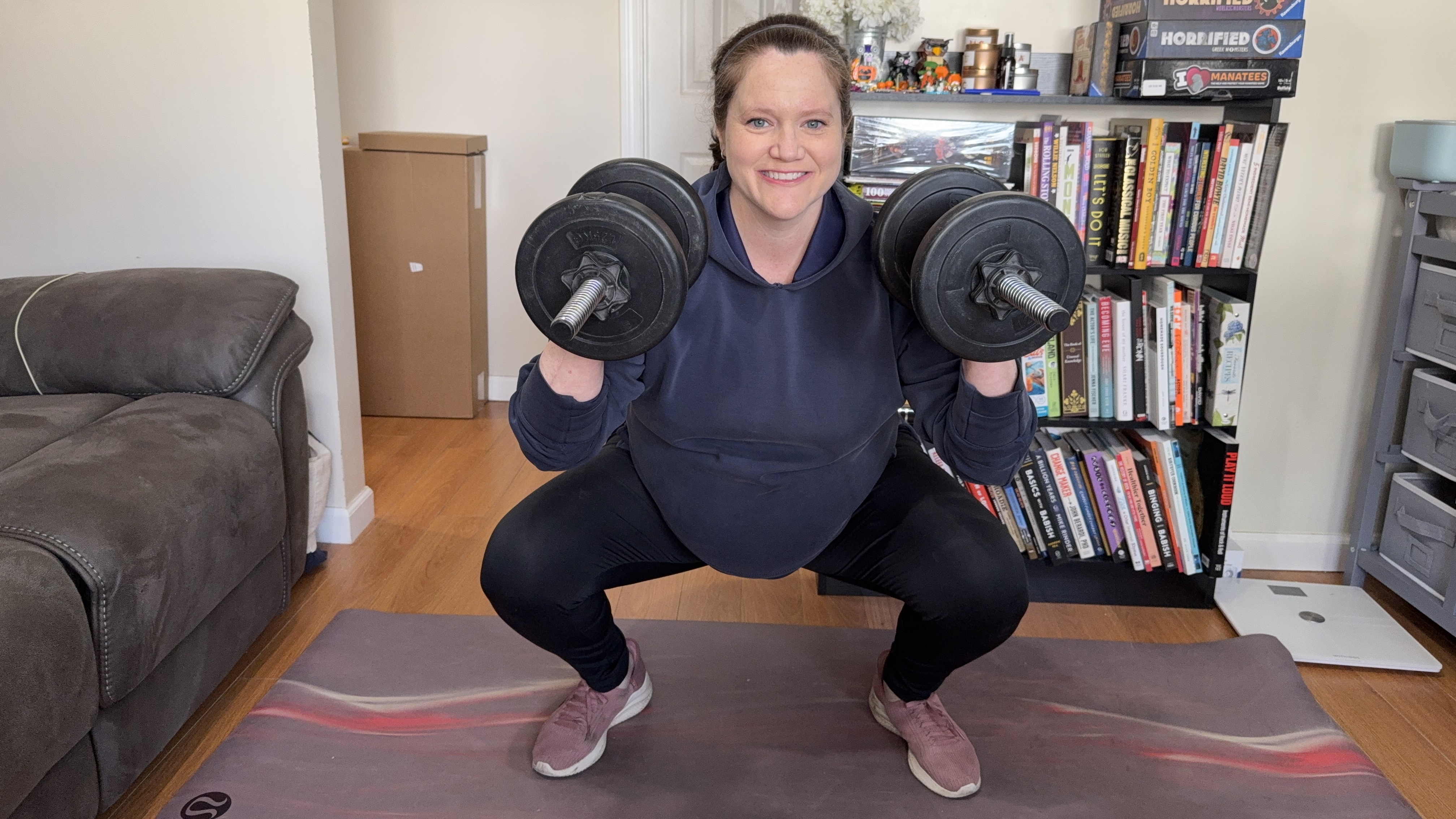Forget Fitbit Sense: Amazon Halo is the hot new fitness tracker arriving this year
Fitbit Sense rival Amazon Halo is a new, display-less fitness tracker set to release later this year


Fitbit has just announced a bevy of new devices, including the Fitbit Sense, Versa 3 and Fitbit Inspire 2. However, Amazon might have stolen Fitbit's thunder with a new arrival, Amazon Halo: a new fitness tracker band and accompanying app.
But can it stand-up to comparison with the best fitness trackers currently on the market? Let's look at what we know...
Amazon Halo doesn't have a screen: instead, it's simply a recording device, relying on the app to show you its findings. The band records sleep and activity levels just like a standard fitness tracker, working with the American Heart Association to use holistic activity scores instead of a simple step count.
It also provides personalised recommendations to improve these activity and sleep scores. For example, the introductory video shows the app recommending you banish pets from the bedroom at night, or drinking less liquids before bed to reduce wake-up times.
Introducing Amazon Halo, a new wearable band and membership that helps you improve your health and wellness. #AmazonHaloRequest early access now ➡️ https://t.co/smPIrmXkEH pic.twitter.com/OvsFYGanHWAugust 27, 2020
However, the band also packs features we've not seen before. Rather than inputting your weight alone, the Amazon Halo app uses your smartphone's camera, asking you to take front, back and side-on pics to create a 3D model of yourself, which you can view on the app.
It looks at Body Composition, calculating your body fat percentage using the 3D model, and claims the feature to be twice as accurate as leading smart scales. The pictures you use for your body scans are deleted by Amazon as soon as they're used to create the image, so your privacy is assured.
You can also only scan yourself every two weeks, to stop negative behavioural patterns from developing, and this feature is only available for over-18s. Worryingly, the body scan is also said to come with a function allowing you to show the image with more or less body fat, which could lead to some unhealthy behaviours.
Get the Fit&Well Newsletter
Start your week with achievable workout ideas, health tips and wellbeing advice in your inbox.

Another new feature is Tone Analysis. With the Tone feature enabled, the Halo band uses its in-built microphone to listen to your speech all day. it analyses your tone of voice, noting if you sound happy, bored, or apologetic.
Amazon states it wants to ensure 'social wellbeing' by helping what we say match what we're intending to convey. It also deletes every snippet of voice after analysis, and beams them from your band to the phone via Bluetooth, without going through Amazon's servers. It feels a little dystopian, but you're able to turn the band's microphones off at any time should you not wish to participate.

Fitbit's new range might have some competition from the simplistic device
Amazon's move into the fitness tracking arena is hardly surprising, and neither is the depth and scale of some of these metrics. We're expecting top-notch health, activity and sleep tracking from the new Amazon Halo – even if some of the new features like Tone sound a bit on the creepy side.
The Amazon Halo band will be available with a free six-month subscription to the Amazon Halo service, priced at $99.99. It is currently available via Amazon's early access program for a reduced price tag of $64.99. However, if you decide the Halo's not for you, then check out prices on other options with our guides to the best cheap fitness tracker deals and Fitbit deals.
Matt Evans is an experienced health and fitness journalist and is currently Fitness and Wellbeing Editor at TechRadar, covering all things exercise and nutrition on Fit&Well's tech-focused sister site. Matt originally discovered exercise through martial arts: he holds a black belt in Karate and remains a keen runner, gym-goer, and infrequent yogi. His top fitness tip? Stretch.
-
 “Working out doesn't have to be boring”—why I love this trainer’s Cha Cha Slide fitness challenge
“Working out doesn't have to be boring”—why I love this trainer’s Cha Cha Slide fitness challengeBuild core strength and get strong shoulders with this dance-themed challenge
By Maddy Biddulph
-
 A personal trainer says this is the HIIT workout to do if you’re over 40—here’s what I think
A personal trainer says this is the HIIT workout to do if you’re over 40—here’s what I thinkThis no-impact workout delivers lots of high-intensity cardio without major stress on your joints
By Jennifer Rizzuto